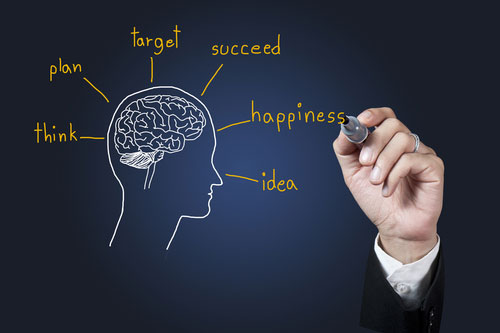Discover TMS Therapy
Get Relief with TMS
Let’s Get Started
Find out if TMS is Right for You.
Why Choose TMS?
Transcranial Magnetic Stimulation, or TMS, is a non-invasive procedure that uses MRI technology to effectively treat Major Depressive Disorder (MDD) and Obsessive-Compulsive Disorder (OCD).
- FDA approved for depression and OCD
- Non-Invasive
- Little to no side effects
- Medication-free
- Covered by most insurances

Is TMS Right for Me?
Individuals looking for a therapy that works, and particularly treatment-resistant patients, can finally find relief thanks to TMS’s effective treatment:

You may benefit from TMS Therapy if:
- Depression or OCD symptoms have interfered with your daily life.
- You're not satisfied with the results you get from your medication.
- You have experienced side effects from medications.
- You are interested in a medication free treatment for Depression or OCD.
TMS for Depression
Since the start of the Covid-19 Pandemic, rates of depression and anxiety have tripled. These are challenging times, but TMS can help.
Major depressive disorder (MDD), commonly called depression, is a mental disorder that significantly and negatively impacts a person’s life with the overwhelming feeling of being sad, empty, and an overall lack of hope.
TMS can give you the chance at a brighter future.
- 75% of participants achieved a clinical response to TMS treatment, and half achieved remission.
- Over two-thirds of patients retain their response one year after completing a cycle of TMS.
- Over one-third of people with depression do not achieve remission from antidepressants. TMS can give you hope again.

TMS for OCD

Obsessive-compulsive disorder, or OCD, is a mental disorder defined as a combination of anxiety-inducing thoughts and behavior
Up to 50% of people living with OCD have Treatment Resistant OCD and have limited treatment options. The Brainsway TMS device is the most recent and cutting-edge advancement in the treatment of TROCD since exposure and response prevention (ERP) and antidepressants. TMS treatment is focused on the parts of the brain that are sending obsessive signals and slows them down, giving you back more hours in the day.
Frequently Asked Questions
TMS is a noninvasive treatment process that directly stimulates brain structures associated with mental health conditions. This is done utilizing electromagnetic fields generated by our patented H-coil to safely reach deeper brain structures and influence their neural activity.
Typically, patients hear a tapping sound and feel a tapping sensation in the head area during TMS therapy session. To diminish the sound, the patient is provided with earplugs.
TMS treatment is normally spread out over four-to-six weeks. During this time, patients come in for sessions five times per week and each of these sessions last about 20 minutes. Depending on the mental health condition being treated, there may be additional maintenance sessions after the initial course of treatment.
TMS is a noninvasive treatment course proven to offer symptom relief for various mental health conditions. Eligibility for TMS treatment is determined by a person’s insurance provider. As TMS is safe to combine with other forms of therapy, many insurance providers consider those currently undergoing medical treatment or psychotherapy, as well as treatment-resistant clients, to be eligible for TMS treatment.
While ECT entails electrically induced seizures, TMS therapy stimulates brain regions using brief magnetic pulses at an amplitude similar to that used in MRI systems. ECT requires anesthesia and may entail severe side effects, including memory loss, while TMS therapy does not involve anesthesia, has no effects on memory, and is generally well-tolerated.
TMS coverage depends on the treatment type, geographical location, and insurance plan. TMS therapy is covered by nearly all major private insurers to treat major depressive disorder (MDD). Contact us for more information on insurance coverage.
Testimonials
“It changed my whole life.”
Michelle, TMS Patient
Nowadays, I wake up, I feel refreshed. I’m happy to go to work. I’m happy to shake hands. I am going to concerts. I am pushing myself to do all these things.
Antonella, OCD TMS patient
About Us

We Can Help You Look Forward to Your Future
We are a compassionate and patient-centered team of psychiatric mental health nurse practitioners (PMHNP) with over 10 years of experience in the mental health field.
Ascent Mental Health is an innovative practice which builds customized plans based on patients’ wants and needs. The Ascent team will make you feel supported, hopeful, and heard.
Depression and OCD can hinder you from being you, but it doesn’t have to stay that way.
TMS Therapy is covered by most private
insurance companies.
- 4150 Darley Ave., Suite 6 Boulder, CO 80305
- Phone: 303-720-6581
© 2025 All Rights Reserved. Made with 